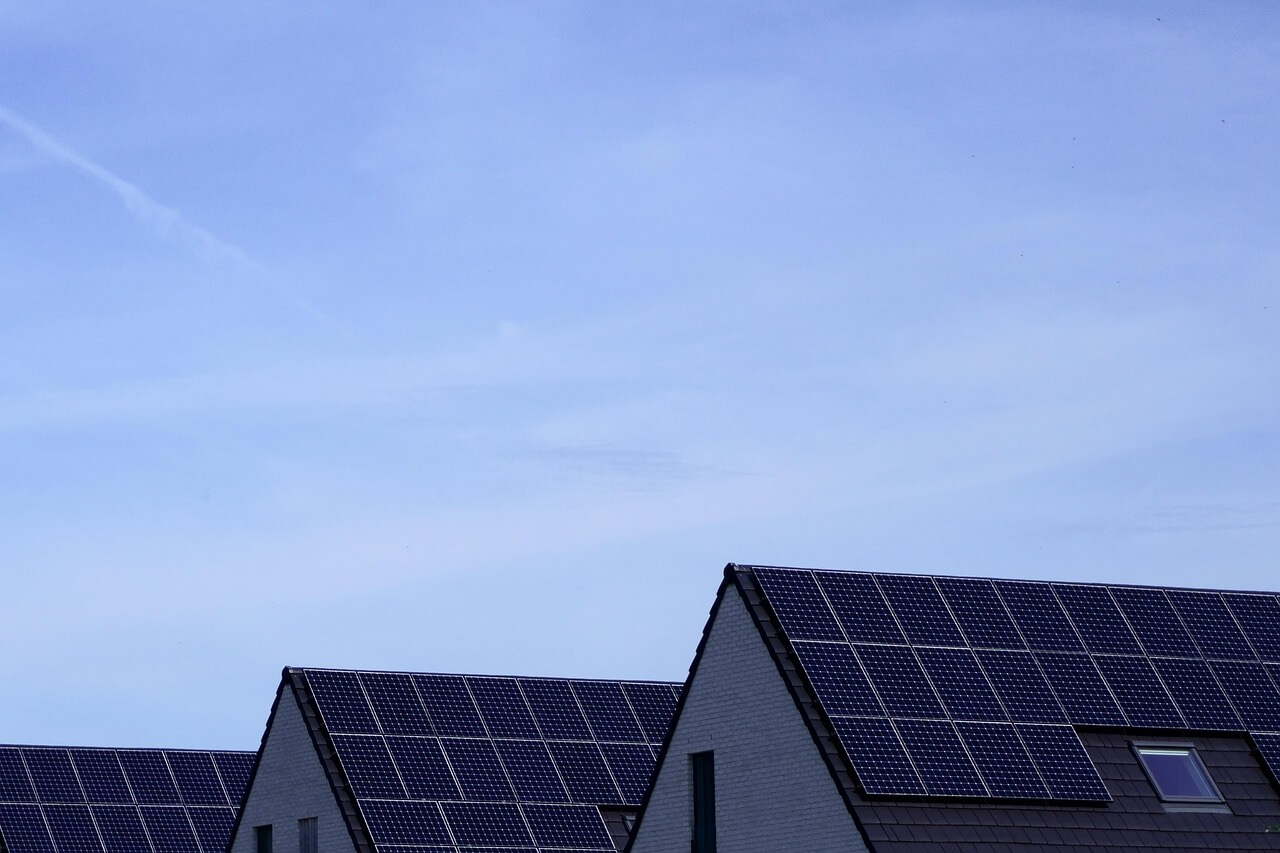On the afternoon of October 23, several significant pieces of news suddenly spread widely in the PV market, including but not limited to "PV industry may see the Ministry of Industry and Information Technology (MIIT) issuing policies to limit energy consumption next month, such as polysilicon production energy consumption per KG not exceeding 50 kWh." "The US Department of Commerce plans to partially cancel anti-dumping and countervailing duties on Chinese solar cells." "In November, relevant departments will issue documents to limit the capacity utilisation rate of various segments of the PV industry," and so on.
Are these news items true? What is the specific situation? How will it affect the PV market?
SMM conducted some market research on the above news on the afternoon of the 23rd. Firstly, the news on the 23rd can be roughly divided into two categories—one is whether relevant documents will be issued to impose certain restrictions on the current excess capacity from the perspective of capacity and energy consumption; the other is whether the US will cancel anti-dumping and countervailing duties on Chinese solar cells.
Firstly, regarding the news about issuing energy consumption control measures, SMM learned that there are indeed similar statements, with the initial source of the news being the seminar on preventing cut-throat competition held by CPIA on the 14th.
However, according to SMM, the so-called "polysilicon production energy consumption per KG not exceeding 50 kWh" is likely "groundless." Given the current level of polysilicon production technology, many enterprises cannot meet this standard, and even some top-tier enterprises' old bases have higher energy consumption than this level. Moreover, blindly pursuing low energy consumption will affect the overall quality of polysilicon production—where the proportion of high-quality dense polysilicon is somewhat positively correlated with energy consumption per kilogram.
SMM understands that at the meeting on the 14th, the control of energy consumption and even silicon consumption in the industry chain was indeed included in the discussion, and relevant policies may be issued subsequently. However, the standards and other details have not yet been disclosed to the public and are unlikely to target only polysilicon. Subsequent measures may be divided into internal (external) trading systems, fully leveraging the coordinating role of the association.
Regarding the "US Department of Commerce plans to partially cancel anti-dumping and countervailing duties on Chinese solar cells," SMM learned that as early as October 21, at the request of Lutron Electronics Co., Inc. (Lutron), the US Department of Commerce initiated a Changed Circumstances Review (CCR) to consider partially canceling the anti-dumping (AD) and countervailing duties (CVD) orders on certain small, low-wattage, off-grid crystalline silicon PV (CSPV) cells (whether or not assembled into modules (solar cells)) produced in China.
The products proposed for cancellation are certain small, low-wattage, off-grid CSPV cells that are permanently fixed to aluminum extrusions controlling natural light, whether or not assembled into fully automated equipment controlling natural light.
It is worth noting that any crystalline silicon PV cell products from China (whether or not assembled into modules) covered by the current anti-dumping and countervailing duty orders are not within the scope of this cancellation order.
This review targets some non-mainstream products. Currently, Chinese PV module and solar cell manufacturers mainly produce high-power, large-size modules and solar cells. Therefore, most products are not within the scope of this dual anti-exemption application, and this review has limited significance for helping enterprises export products to the US. For companies focusing on the production of low-power solar cells and modules, exports are expected to resume growth. Whether there will be signs of relaxation in subsequent dual anti-policy orders still needs to be observed in light of the US election, changes in US policies, and the gap between local US battery and module supply and US PV demand.

![[SMM PV News] Armenia Hits 1.1 GW Solar Capacity,](https://imgqn.smm.cn/usercenter/qQwIB20251217171741.jpg)
![Spot Market and Domestic Inventory Brief Review (February 5, 2026) [SMM Silver Market Weekly Review]](https://imgqn.smm.cn/usercenter/tSwaX20251217171735.jpg)
